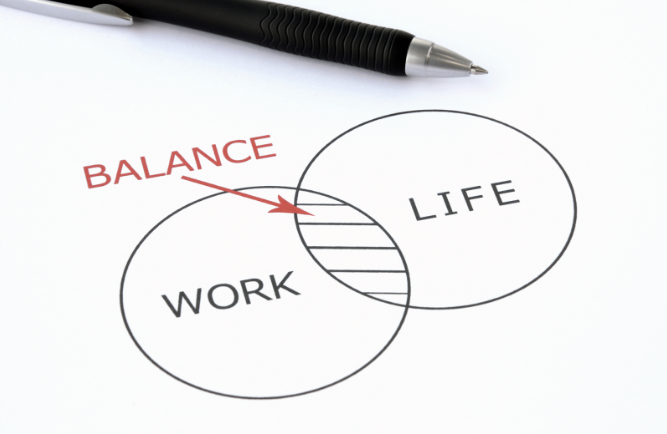As the end of the year or the New Year approaches, "bonuses" are something employees eagerly look forward to. But how can we improve our chances of receiving a big bonus? Jobcadu is here to break down everything you need to know about bonuses. Let’s dive in!
What is a Bonus?
A bonus is a special payment given by an employer to employees in addition to their regular salary. It is a reward for contributions that have helped the company grow or a form of incentive to encourage employee motivation.
Are Bonuses Mandatory?
Legally, bonuses are not mandatory like a monthly salary. They are considered a benefit that depends on each company’s policy. However, for employees, bonuses play a significant role in many ways, such as:
Boosting morale: Shows appreciation and rewards dedication.
Increasing income: Helps with financial liquidity.
Enhancing work performance: Acts as a motivator to perform better so the company achieves strong results.
Attracting and retaining talent: Companies with attractive bonus policies are better at attracting skilled professionals and keeping current employees long-term.

Types of Bonuses
Annual Bonus: Paid at the end of the year, based on company performance.
Performance Bonus: Based on KPIs or individual performance.
Contractual Bonus: Clearly stated in the employment contract, e.g., “1-month salary bonus.”
Special Bonus: For big projects or awards such as “Employee of the Year.”
How Are Bonuses Calculated?
1. Based on a percentage of salary, such as:
2. Based on performance rating, for example:
What Criteria Determine Whether a Bonus Is Paid?
Each company has different evaluation criteria, but common key factors include:
Company Performance:
The most critical factor. If the company meets or exceeds profit/revenue targets, the chances of receiving a bonus increase. If the company faces losses, bonuses may be reduced or not paid at all.
Individual Performance:
KPIs (Key Performance Indicators): If you meet or exceed your personal performance targets, you're more likely to receive a bonus.
Manager's Evaluation: Supervisors assess responsibilities, teamwork, and other attributes as part of the review process.
Length of Service:
Employees who have completed the required service period (e.g., full 1 year) are typically eligible for full bonuses. Those who joined mid-year may receive a prorated bonus.

When Are Bonuses Paid?
Bonus payment schedules vary depending on the company’s policy and performance review cycle:
End of the Year (Dec – Jan): The most common period, especially for companies closing annual accounts and conducting year-end evaluations.
Mid-Year (Jun – Jul): Some companies issue mid-year bonuses as motivation or based on first-half results.
Quarterly Bonus: Certain industries or roles offer quarterly bonuses to keep performance consistent.
Project Bonus: Some roles/industries provide bonuses upon the successful completion of a key project.
Bonus structures depend on many factors and may change yearly, so it’s important to stay updated through reliable sources or consult professionals in your field.
Bonuses are a powerful motivator, but what’s more important is developing your value to the organization. Understanding how bonuses work and how they're calculated can help you plan your work and professional development more effectively.
If you’re currently looking for a job with great benefits including competitive bonuses , explore high-quality opportunities with top companies at Jobcadu, where we also provide weekly career guidance and skill development updates to keep you ahead.






.png)






